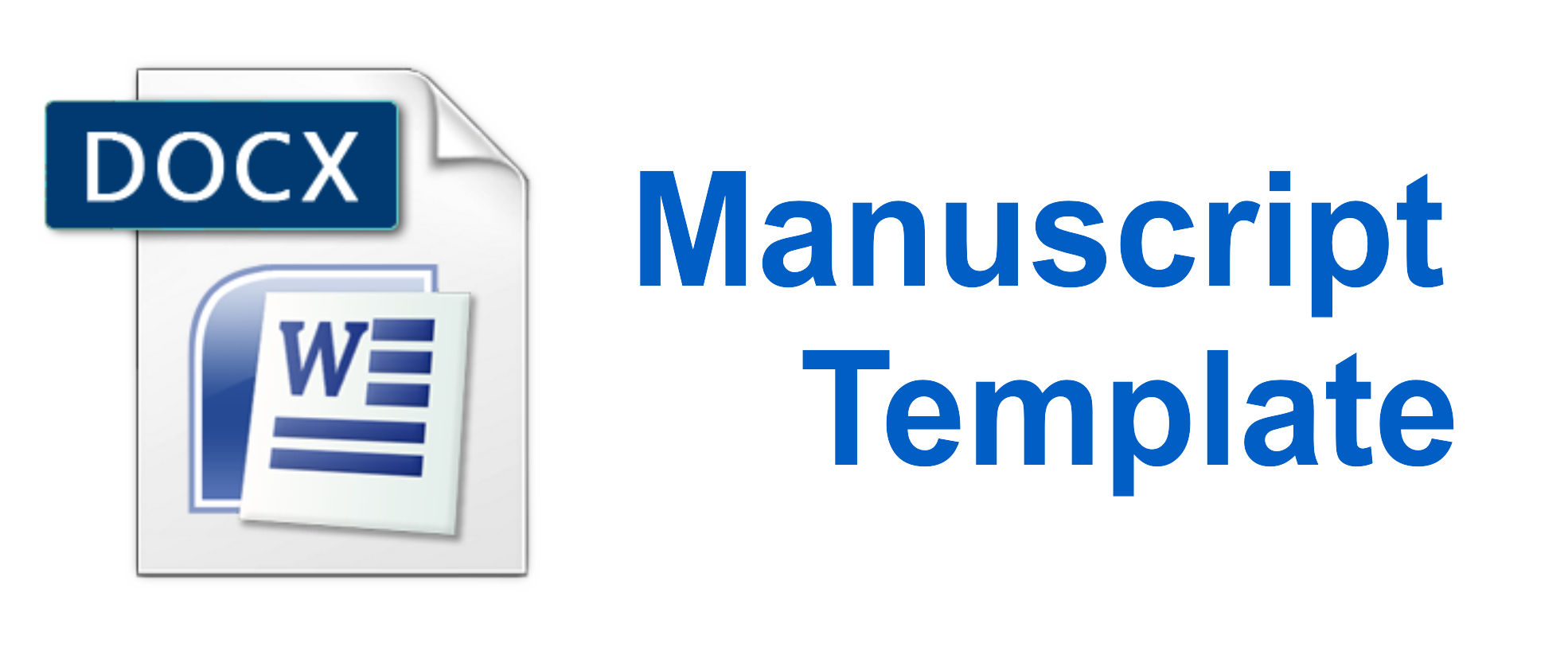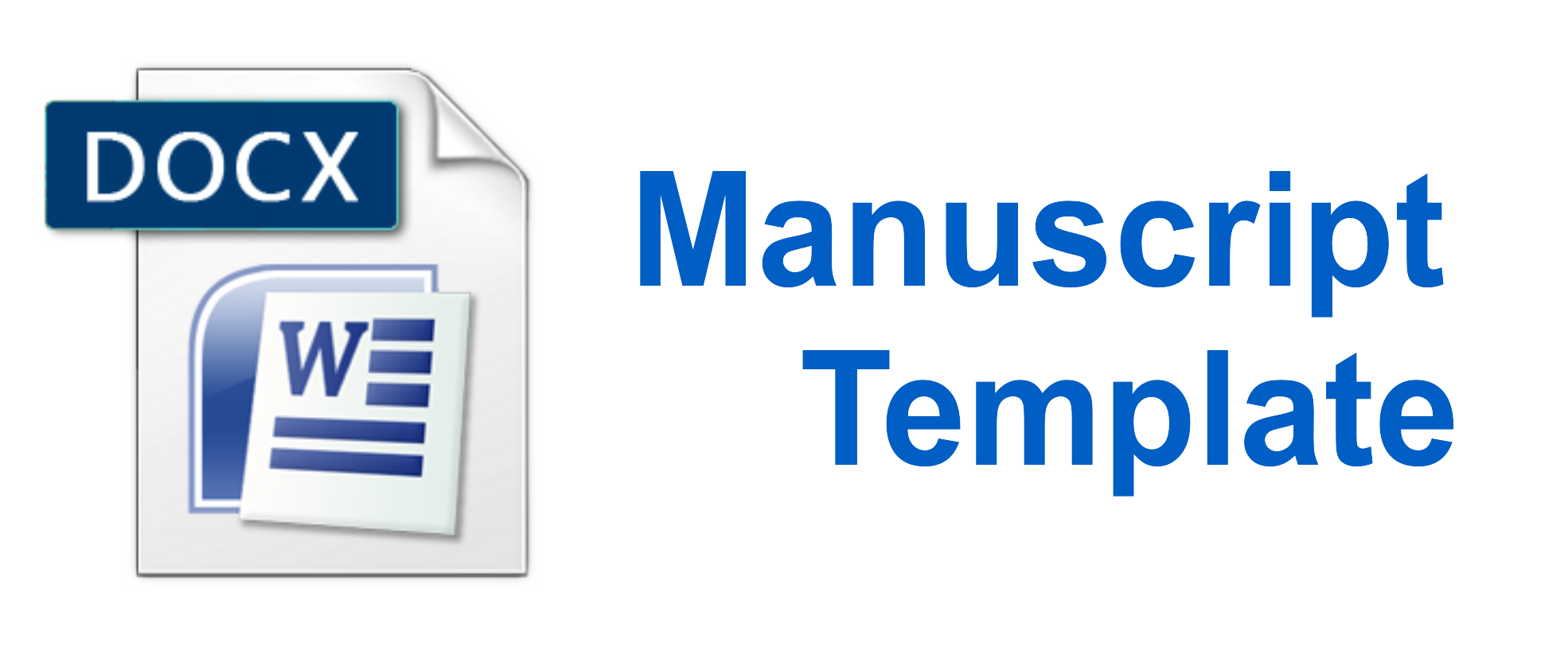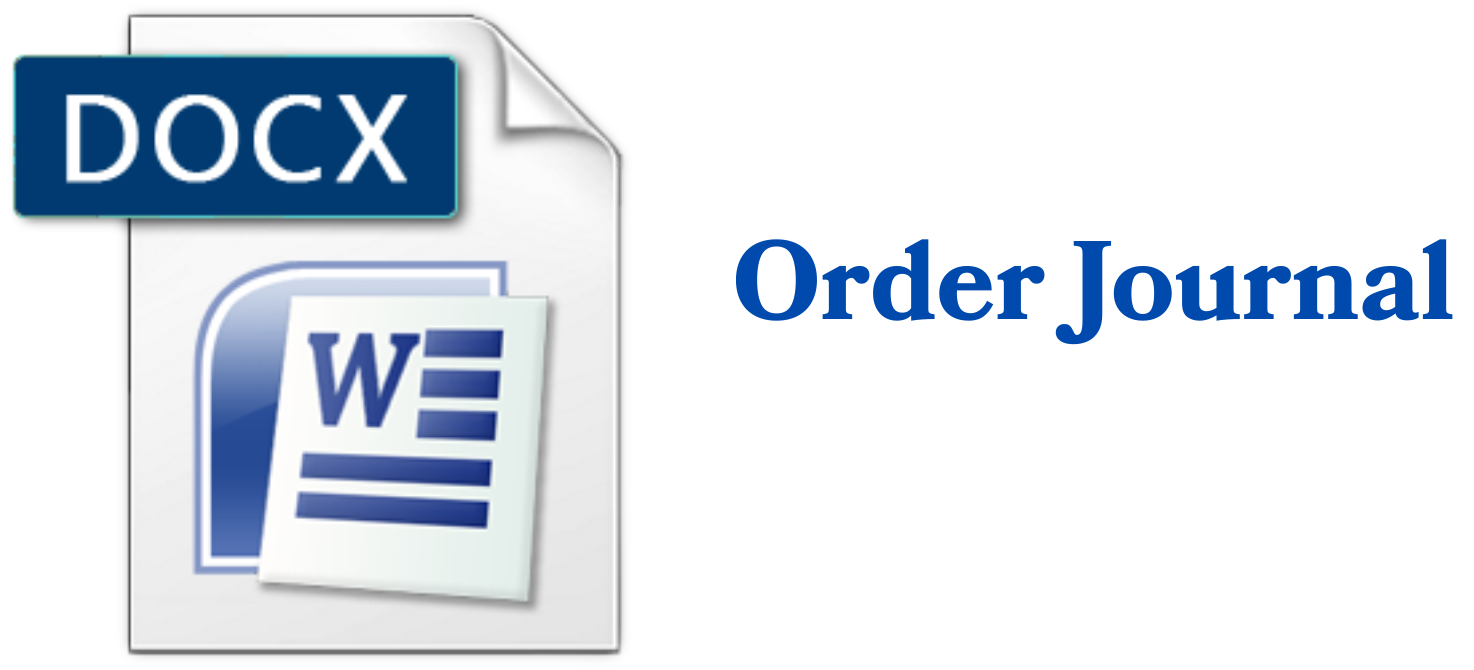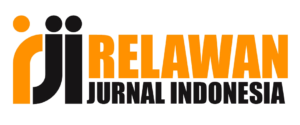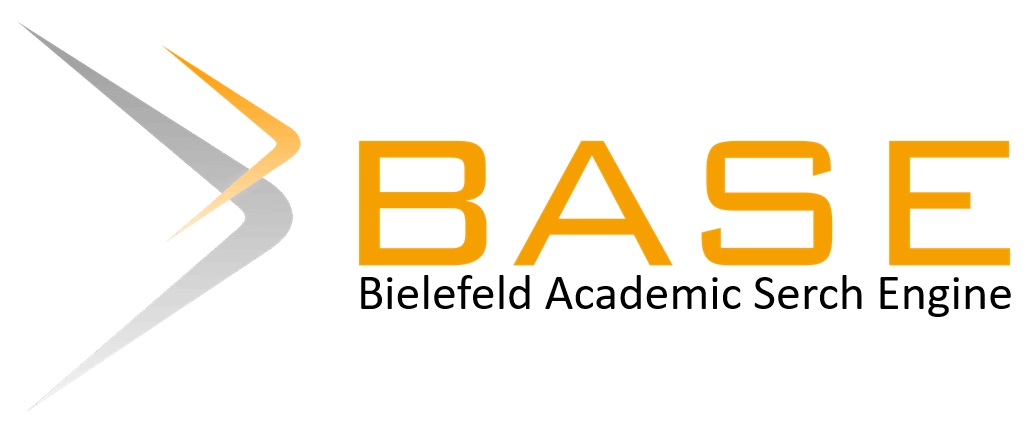INFLUENCE OF IMPLEMENTING INDEPENDENT CURRICULUM ON THE RELIGIOUS DEVELOPMENT OF JUNIOR HIGH SCHOOLS STUDENT IN MAKASSAR CITY
DOI:
https://doi.org/10.35316/edupedia.v9i1.4939Keywords:
Independent Curriculum, Development, ReligionAbstract
The implementation of Merdeka Curriculum in Junior High Schools (SMP) in Makassar City not only aims to improve students' academic achievement, but also to strengthen moral and spiritual values. Religious development is one of the important aspects of this curriculum, which is expected to shape students' characters to be better and noble. This research was conducted to find out how the Merdeka Curriculum affects the religious development patterns of junior high school students in Makassar City. This research uses a survey method with a quantitative approach. The quantitative approach aims to test certain theories by examining the relationship between the variables studied. These variables are measured using research instruments, so that the data obtained are numbers which can then be analyzed using statistical procedures. The sample in this study amounted to 30 junior high school teachers in Makassar City who were randomly selected through the random sampling method. Data collection was carried out by distributing questionnaires (questionnaires) to respondents and conducting documentation. The results showed that the significant value obtained was 0.002, which is smaller than alpha 0.05. This indicates that there is a significant influence between Merdeka Curriculum (X) and religious guidance (Y) of students in Makassar City Junior High School. This test is reinforced by the Fcount result of 11.56, while the Ftable value for n: 30 is 2.27. Because the Fcount value is greater than Ftable (11.56> 2.27), it can be concluded that the Merdeka Curriculum has a significant influence on students' religious development.
References
Arif Kurniawan, M., & Falah, S. (2023). Pengaruh Penerapan Kurikulum Merdeka Terhadap Kinerja Guru Di Sma Ibnu Aqil Bogor. Jurnal DIALOGIKA : Manajemen Dan Administrasi, 5(1), 18–26. https://doi.org/10.31949/dialogika.v5i1.7485
Darmayani, E., & Amelia, M. A. (2023). Implementasi Kurikulum Merdeka Belajar Terhadap Pola Belajar Di Tk Ceria Demangan. Yaa Bunayya : Jurnal Pendidikan Anak Usia Dini, 7(2), 146. https://doi.org/10.24853/yby.7.2.146-156
Indriani, N., Suryani, I., & Mukaromah, ul. (2023). Implementasi Kurikulum Merdeka Belajar Dalam Pembentukan Karakter Disiplin Peserta Didik Di Sekolah Dasar. Khazanah Pendidikan , 17(1), 242–252. https://doi.org/10.30595/jkp.v17i1.16228
Kholisah, N. (2023). Relevansi Kurikulum Merdeka Terhadap Pendidikan Akhlak Perspektif Buya Hamka. Ta’dib: Jurnal Pendidikan Islam Dan Isu-Isu Sosial, 21(2), 114–124.
Kusnadi, A. (2011). Implementasi Kurikulum Merdeka Belajar Dalam Pembinaan Akhlak Siswa Di Sekolah Dasar Islam Al Azhar 13 Rawamangun , Jakarta Timur Asep Kusnadi Dan Fasfahis Sofhatul. Phys. Rev. E, 24.
Maskur, M. (2023). Dampak Pergantian Kurikulum Pendidikan Terhadap Peserta Didik Sekolah Dasar. Jurnal Keguruan Dan Ilmu Pendidikan (JKIP), 1(3), 190–203. https://doi.org/10.61116/jkip.v1i3.172
Monalisa, M. (2023). Pengaruh Game Based Learning Mata Pelajaran Informatika Kurikulum Merdeka Terhadap Motivasi Dan Prestasi Belajar. Padma Sari: Jurnal Ilmu Pendidikan, 3(01), 19–29. https://doi.org/10.53977/ps.v3i01.908
Munauwarah, R., & Achadi, M. W. (2023). Pembelajaran PAI dan Budi Pekerti Berbasis Kurikulum Merdeka Belajar untuk Meningkatkan Kreativitas Siswa SMAN 1 Dompu. Journal Islamic Pedagogia, 3(1), 39–53. https://doi.org/10.31943/pedagogia.v3i1.87
Nashir, A., & Pratama, S. (2022). Peran Guru ISMUBA dalam Pembinaan Akhlak pada Elemen Profil Pelajar Pancasila Implementasi Kurikulum Merdeka. Jurnal Hikmah: Jurnal Pendidikan Islam, 11(2), 80–90.
Noor, I. H., Izzati, A., & Azani, M. Z. (2023). Implementasi Kurikulum Merdeka Pada Mata Pelajaran Pendidikan Agama Islam. Iseedu: Journal of Islamic Educational Thoughts and Practices, 7(1), 30–47. https://doi.org/10.23917/iseedu.v7i1.22539
Pilhandoki, M. D., Wachidi, W., & Mustofa, T. A. (2023). Implementasi Kurikulum Merdeka Belajar pada Mata Pelajaran PAI dan Budi Pekerti. JIIP - Jurnal Ilmiah Ilmu Pendidikan, 6(10), 7765–7774. https://doi.org/10.54371/jiip.v6i10.3001
Rofiqoh. (2023). Pengaruh Penerapan Kurikulum Merdeka Belajar Terhadap Hasil Belajar Mata Pelajaran Pendidikan Agama Islam Dan Budi Pekerti (Paibp) Kelas Xi Sma N 2 Ungaran Tahun Pelajaran 2022/2023 Skripsi. 1–151.
Sucipto, L., Salim, M., & Suratman, S. (2023). Implementasi Kurikulum Pendidikan Agama Islam Berbasis Masyarakat Di Kutai Lama. Sanskara Pendidikan Dan Pengajaran, 1(03), 117–125. https://doi.org/10.58812/spp.v1i03.140
Syafitri, Y., & Tago, M. Z. (2021). Pengaruh Pendidikan Aika Terhadap Perilaku Keagamaan Siswa Di Sd Muhammadiyah Sewon Bantul Yogyakarta. Profetika: Jurnal Studi Islam, 22(1), 53–64. https://doi.org/10.23917/profetika.v22i1.14765
Syamsiah, K., & Haryanto, B. (n.d.). Implications of the Independent Curriculum on the Formation of Islamic Values-Based School Academic Culture [ Implikasi Kurikulum Merdeka Terhadap Pembentukan Budaya Akademik Sekolah Berbasis Nilai Islami ]. 1–14.
Trimukti Mahanani, R., Restian, A., & Supradana, A. (2023). Pengaruh Pemberian Reward Pada Mata Pelajaran Matematika Kurikulum Merdeka Terhadap Hasil Belajar Peserta Didik Kelas Iv. Pendas : Jurnal Ilmiah Pendidikan Dasar, 8(1), 3379–3389. https://doi.org/10.23969/jp.v8i1.8283
Trisna, L., Rizki, L., Gozali, N., Suryadi, R. A., & Cianjur, S. (2013). Implementasi Mata Pelajaran Pendidikan Agama Islam Kelas 1 Dalam Kurikulum Merdeka Di SDN Sukamantri 2. 3, 715–726.
Zainal Arifin1, Rizky Maulana Aziz2, M. N. (2023). Komparasi Kurikulum 2013 Dan Kurikulum Merdeka Dalam Pendidikan Nilai, Karakter Dan Akhlak. JMPT: Jurnal Manajemen Pendidikan Tihamah.
Zhikri, M., & Maulana, M. Z. (2023). Pengaruh Pelaksanaan Kurikulum Merdeka Terhadap Keaktifan Belajar Siswa di Sekolah Menengah Pertama (SMP). Jurnal Pendidikan, 1, 16–24. https://ejournal.igiinhil.id
Downloads
Published
How to Cite
Issue
Section
License
Edupedia: Jurnal Studi Pendidikan dan Pedagogi Islam adopts the Creative Commons Attribution–ShareAlike 4.0 International License, which allows users to reproduce, modify, and distribute published articles in any medium for lawful purposes, provided that appropriate attribution is given to the original author(s) and the journal, the license is properly cited, any changes are clearly indicated, and derivative works are distributed under identical licensing terms.
Upon publication in Jurnal Kesehatan Vokasional, authors confer to third parties the rights to use their articles in compliance with the Creative Commons Attribution–ShareAlike 4.0 International License.
Copyright on articles is retained by the respective author(s), without restrictions. A non-exclusive license is granted to Edupedia: Jurnal Studi Pendidikan dan Pedagogi Islam to publish the article and identify itself as its original publisher, along with the commercial right to include the article in a hardcopy issue for sale to libraries and individuals.
![]()



